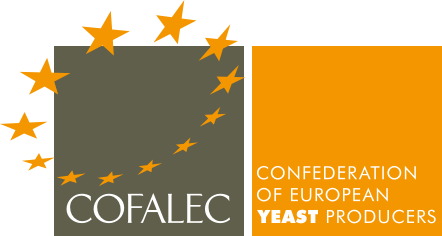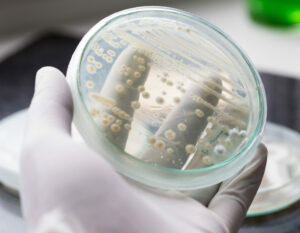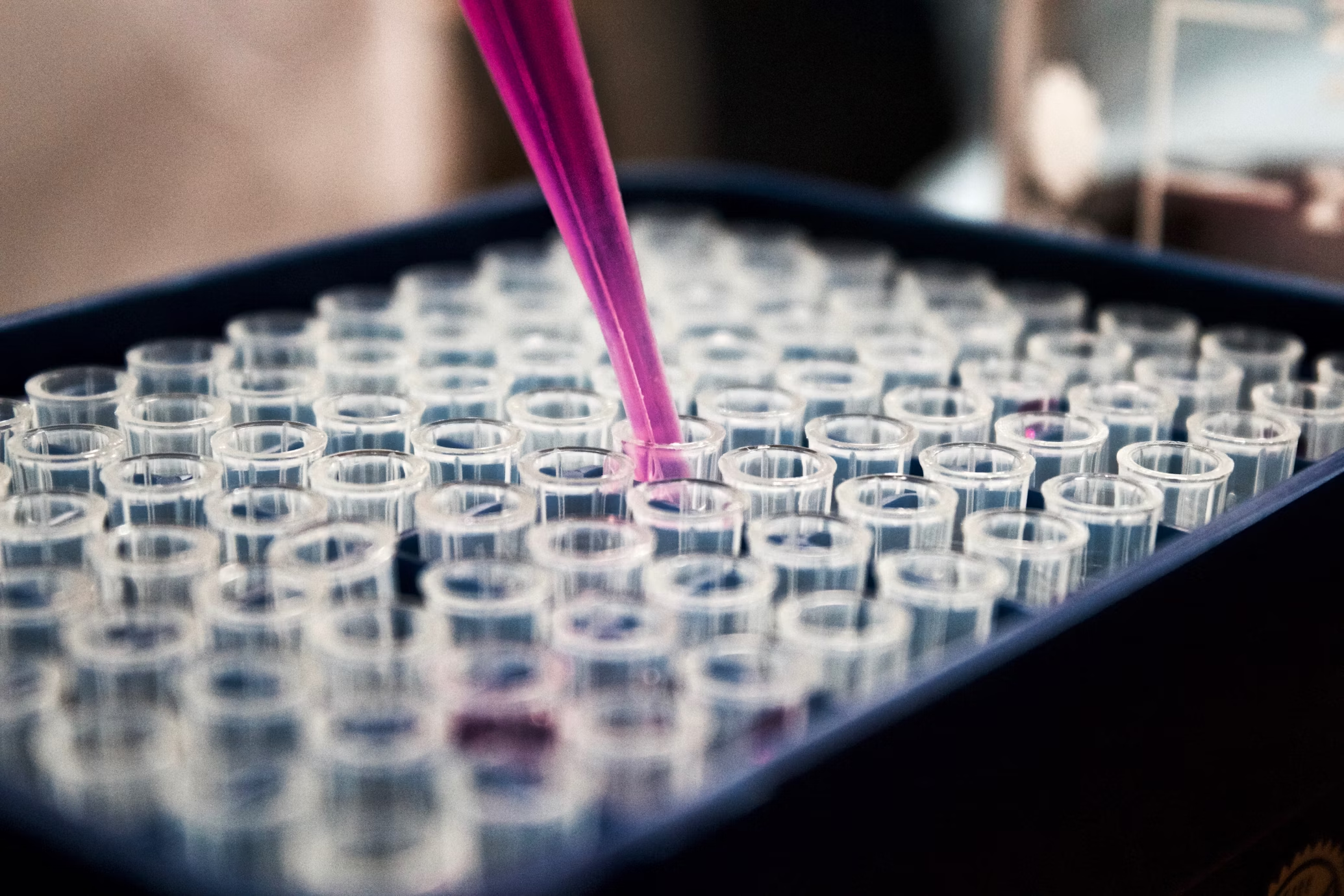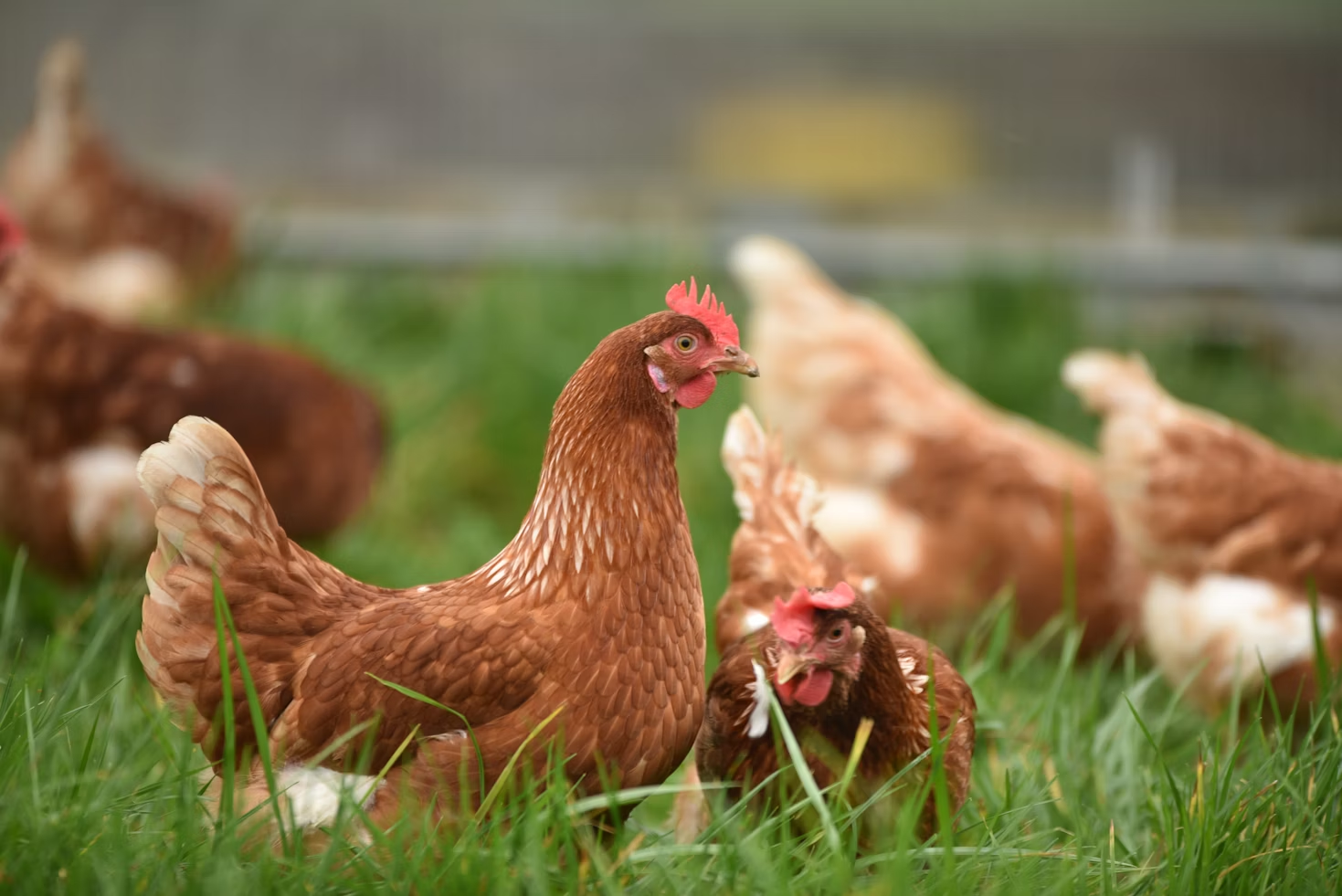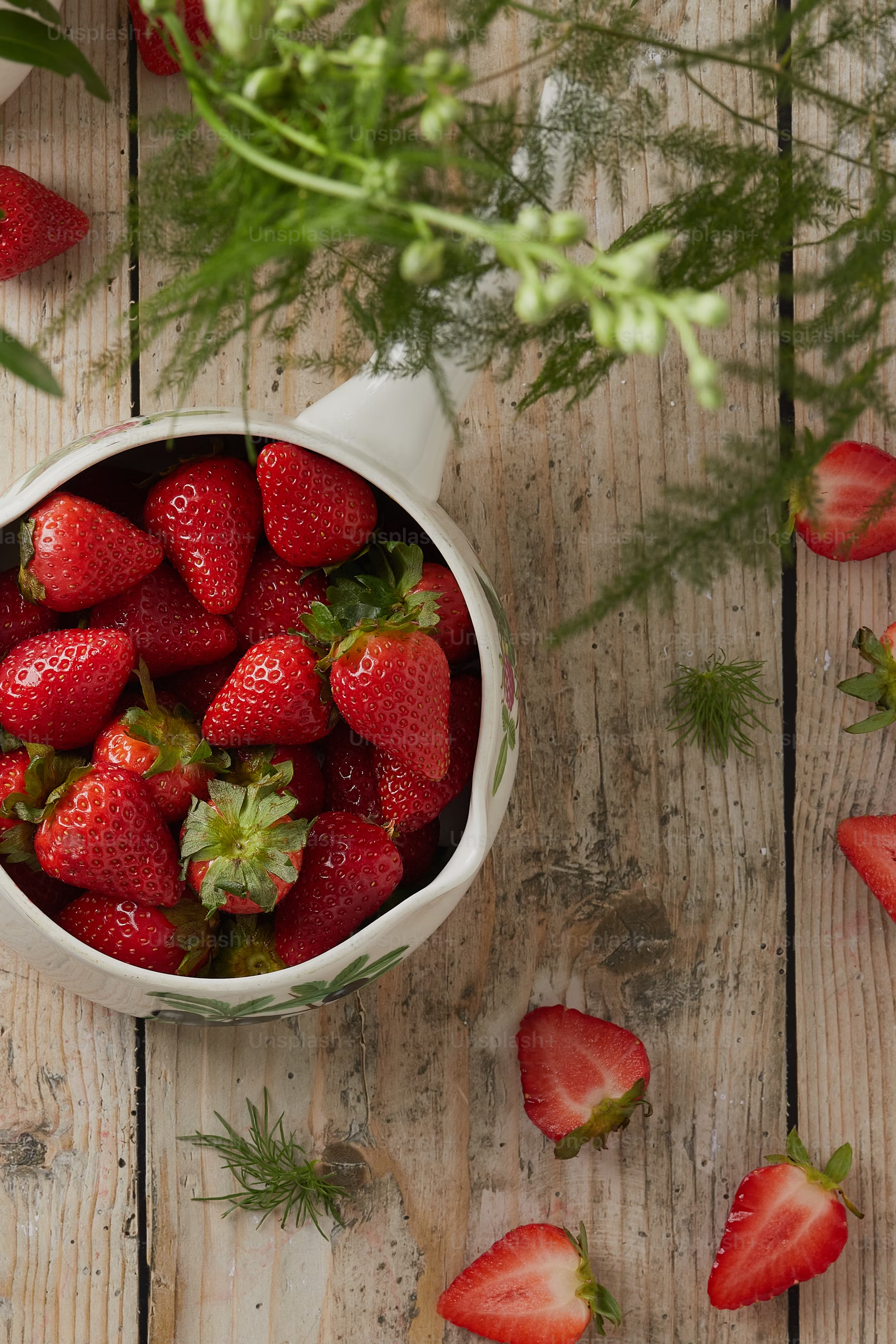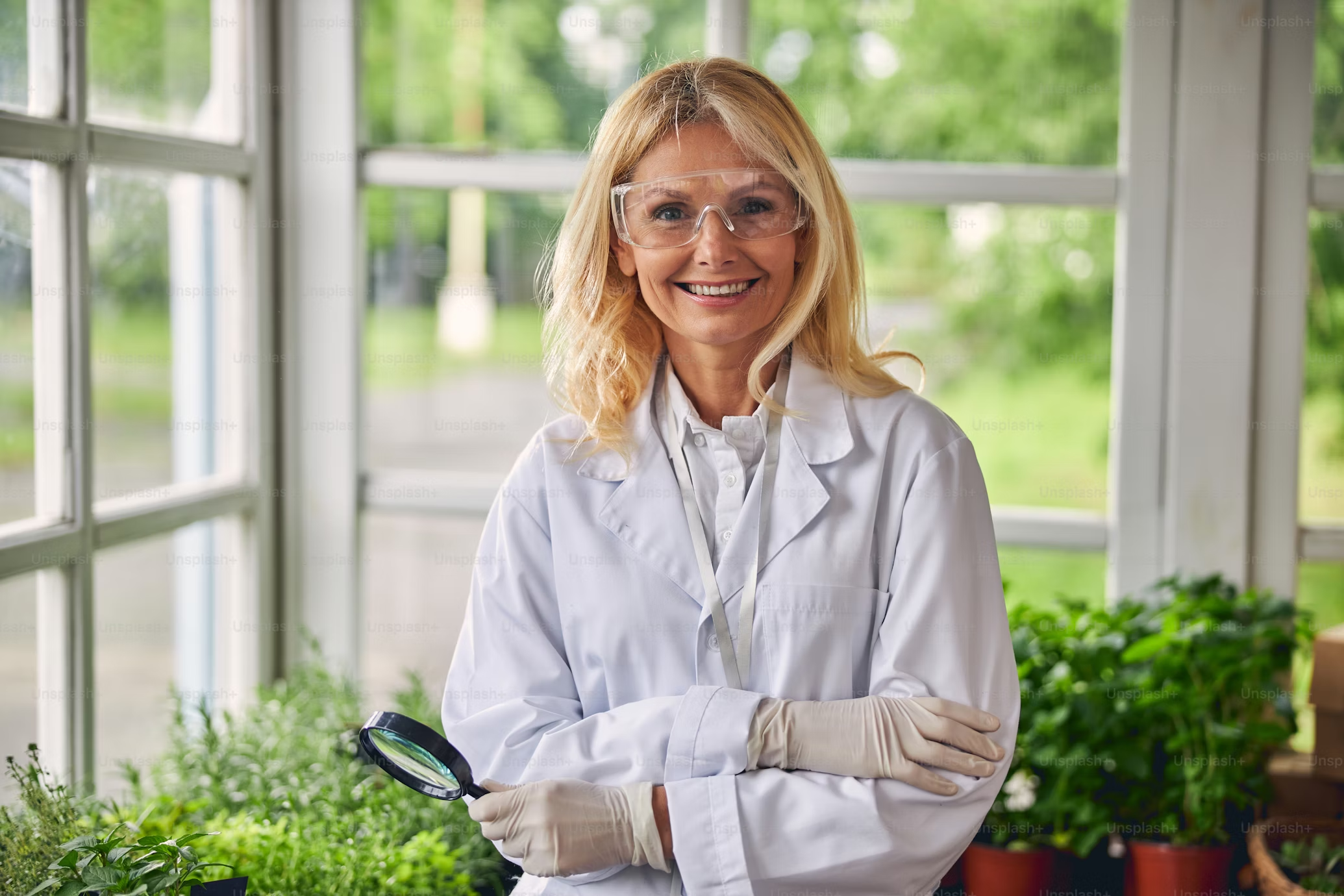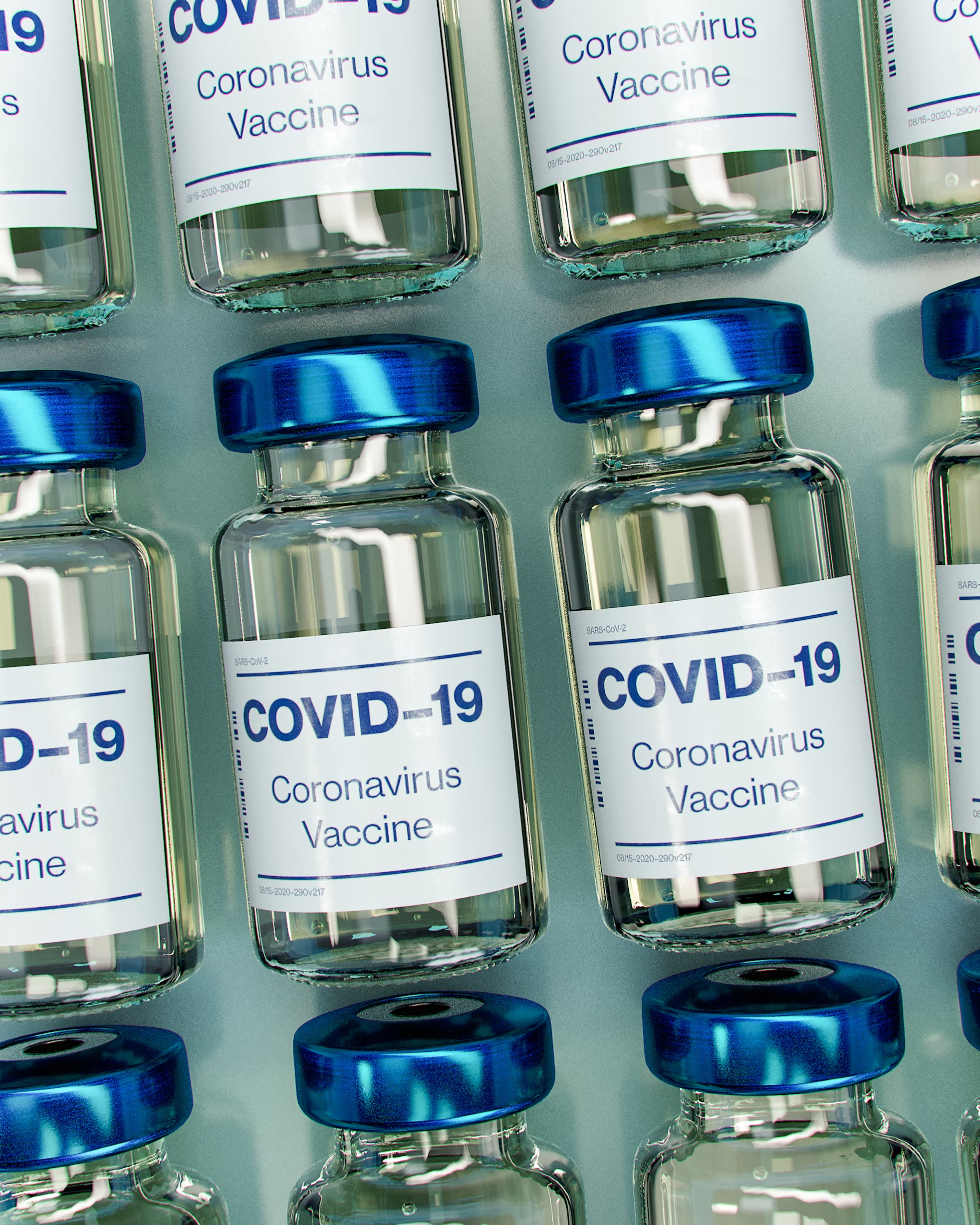
A coalition of 26 food and feed associations urge swift adoption of New Genomic Techniques and reject new burderns on operators
As trilogue negotiations on New Genomic Techniques (NGTs) continue without conclusion, Europe’s agri-food chain is sounding the alarm. A coalition of 26 EU organisations representing the vast majority of plant-based operators, from input suppliers and farmers to processors and food producers, is calling on the European Parliament to avoid adding […]
